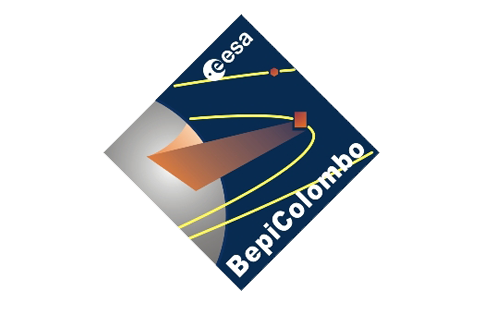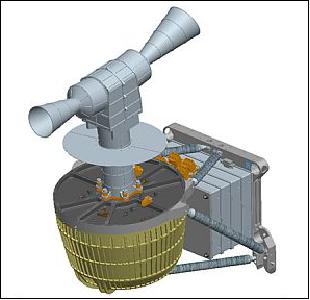BepiColombo
BepiColombo is the first European Space Agency (ESA) mission to Mercury. This mission is a joint venture between the ESA and the Japanese Space Agency (JAXA), with contributions from US institutions through NASA. The spacecraft consists of two orbiters, the Mercury Planetary Orbiter and the Mercury Magnetospheric Orbiter, that will study different regions of the Hermean magnetosphere and upper atmosphere simultaneously. The main goal of BepiColombo is to advance our understanding of the composition, geophysics, atmosphere, magnetosphere and history of Mercury, home to one of the solar system’s smallest but highly dynamic magnetospheres. The BepiColombo mission is slated to launch in spring of 2018 with a primary mission duration of 4 Hermean years (equaling to 1 Earth year).

STROFIO
The Start from a Rotating FIeld mass spectrometer (STROFIO) is an instrument in the SERENA (Search for Exospheric Refilling and Emitted Natural Abundances) suite on the Mercury Planetary Orbiter on BepiColombo. STROFIO was developed and built at SwRI. The STROFIO instrument measures the neutral particle composition and particle density of Mercury’s exosphere at very low energies (up to only a few eV). STROFIO is a unique mass spectrometer that uses rotating electric fields to mark “start” times of a particle’s trajectory within the instrument. The main scientific objectives of STROFIO are to better our understanding of the relationship between the composition of the surface and the exosphere of Mercury, and understand the chemical composition, density, and variability of Mercury’s exosphere.


